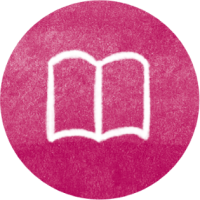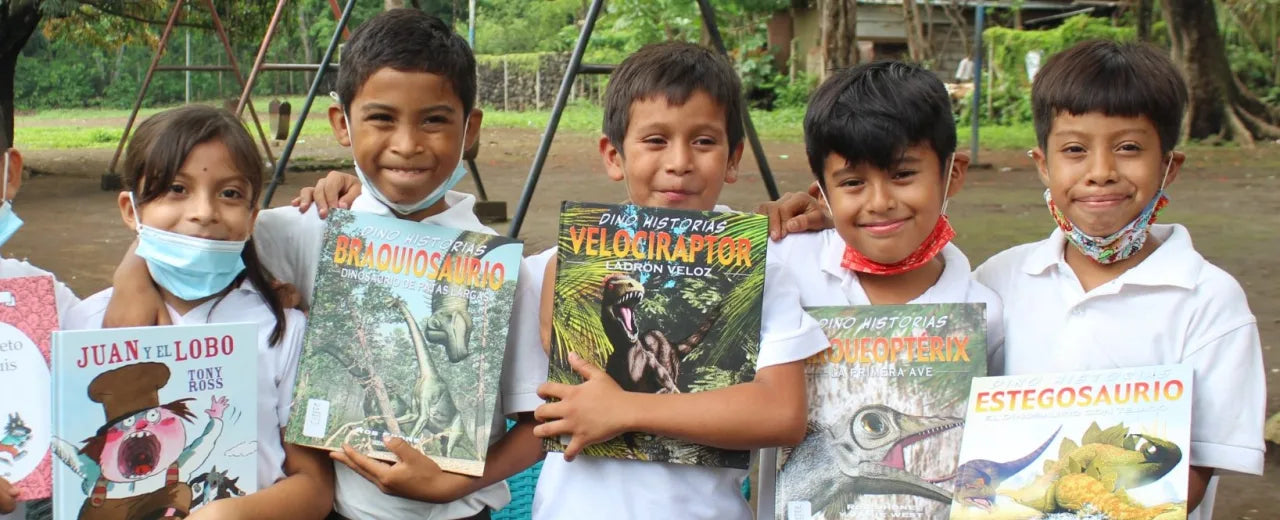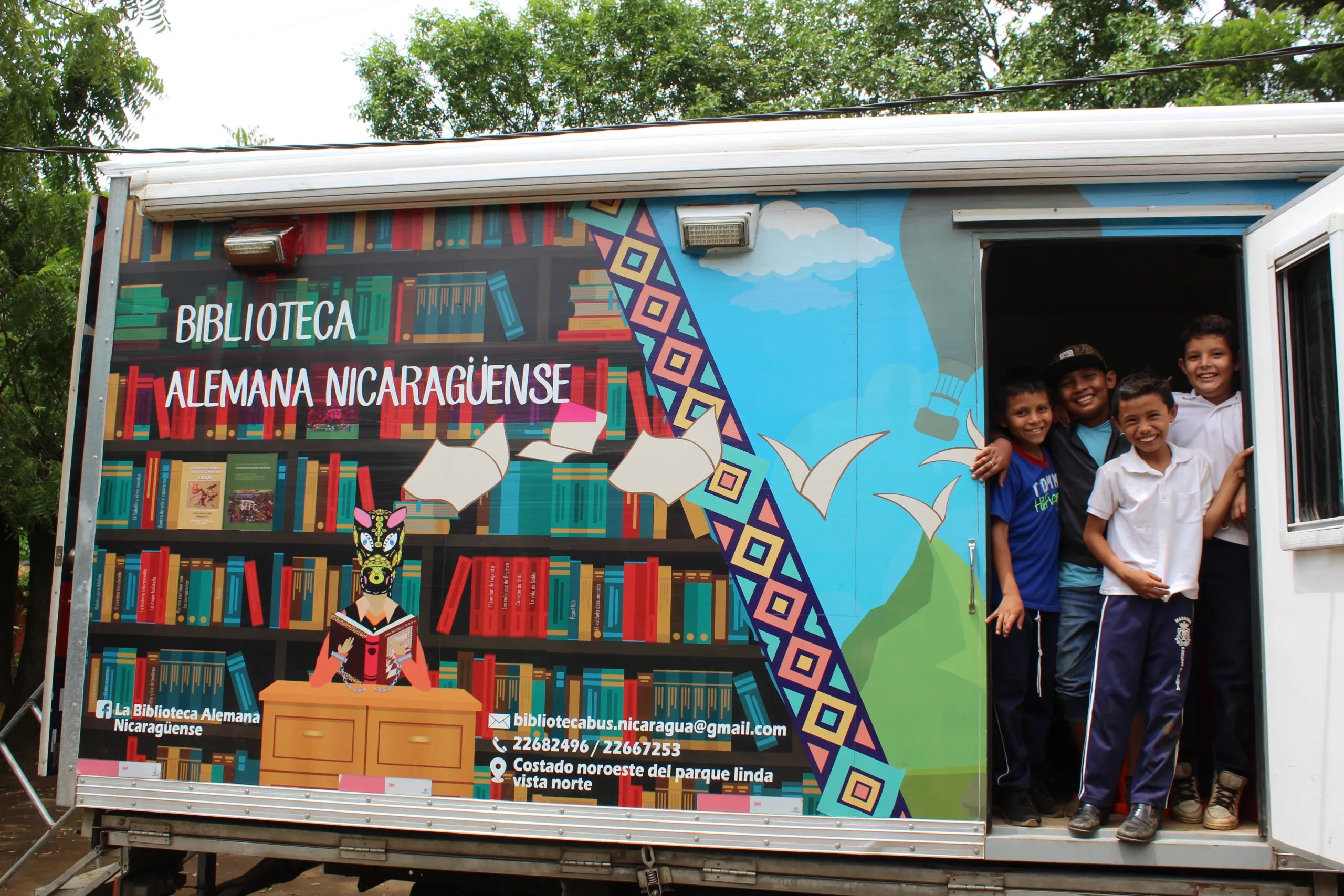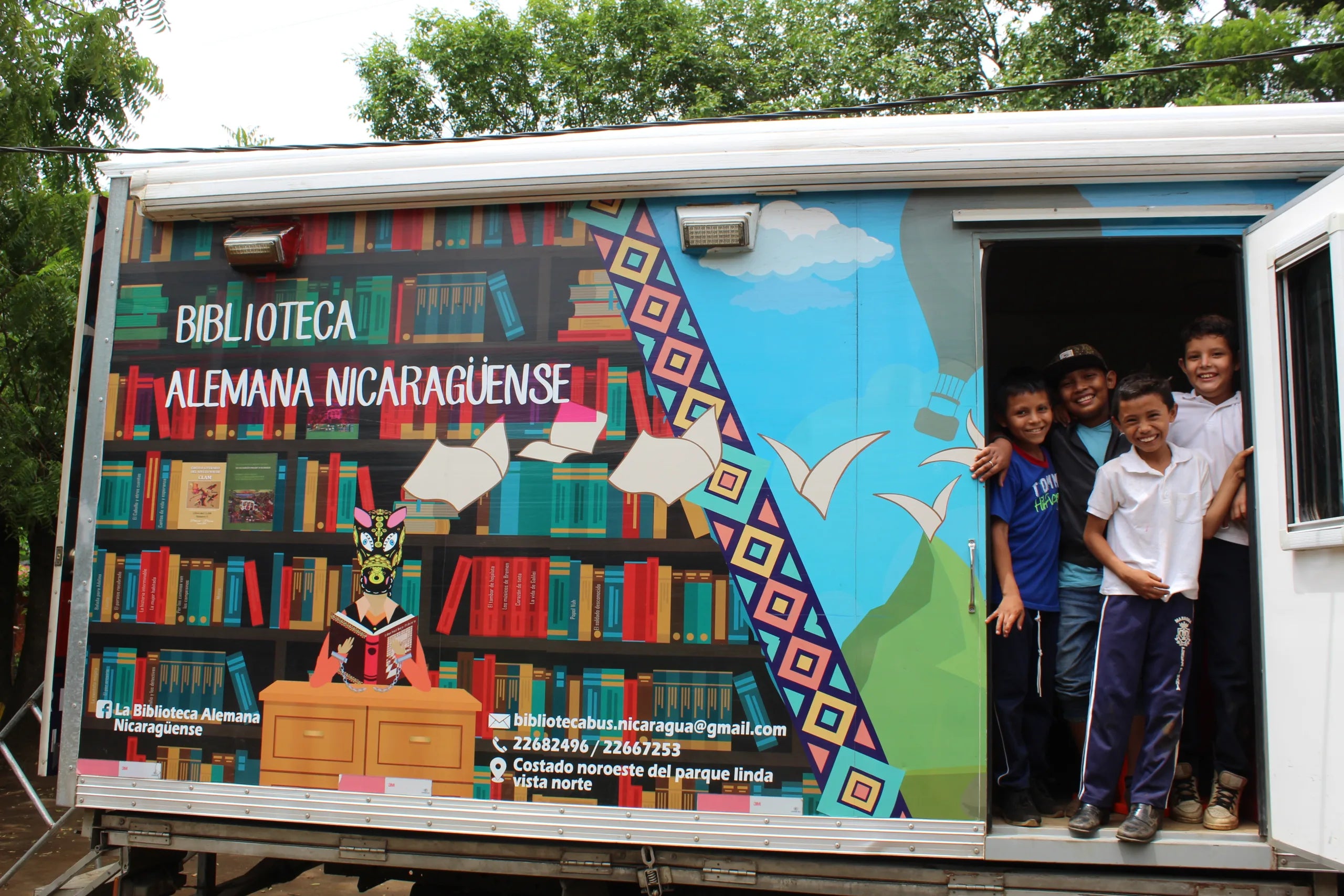Day 20
5 minutes of reading support for a child in Nicaragua
 The reading classroom The reading classroom
The reading classroom The reading classroom


A rolling library for children in remote villages in Nicaragua

Klaus Otto Nagorsnik presents his favorite project
need
Access to books and supplementary educational opportunities for children in Nicaragua
activity
The German-Nicaraguan Library provides children with access to books through reading promotion projects
Measurable performance
Number of reading hours in the reading projects for Nicaraguan children and books borrowed
Result
The children read fluently, borrow books, are motivated at school and achieve good results in class
Systemically relevant impact
More children in rural areas complete primary school, go to secondary school and have better future prospects
background


The good deed
About Nicaragua
Managua
Capital city
6,948,392
Population
2,255.4
Gross domestic product
per capita per year
0.667
Human Development Index
(Human Development Index)




